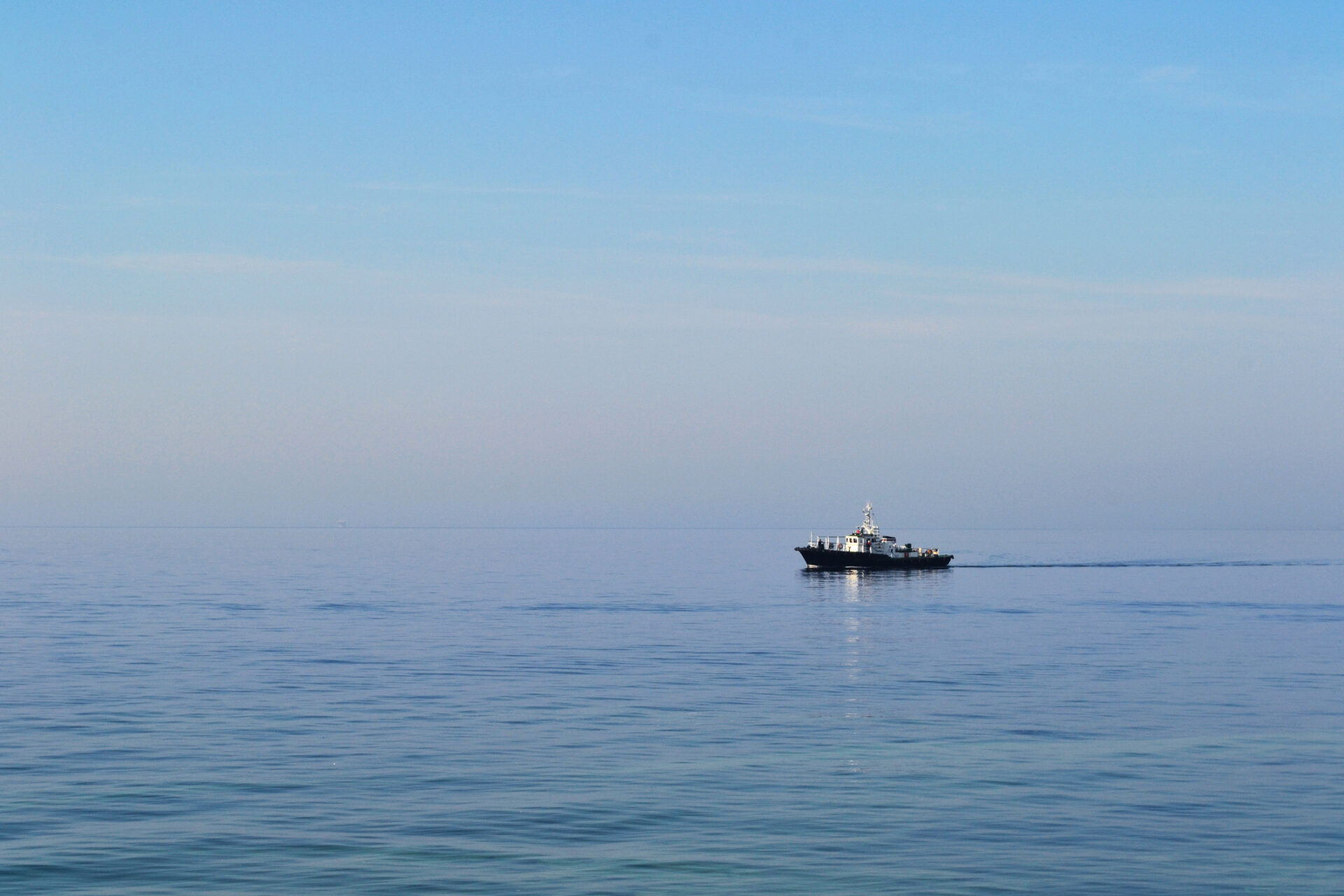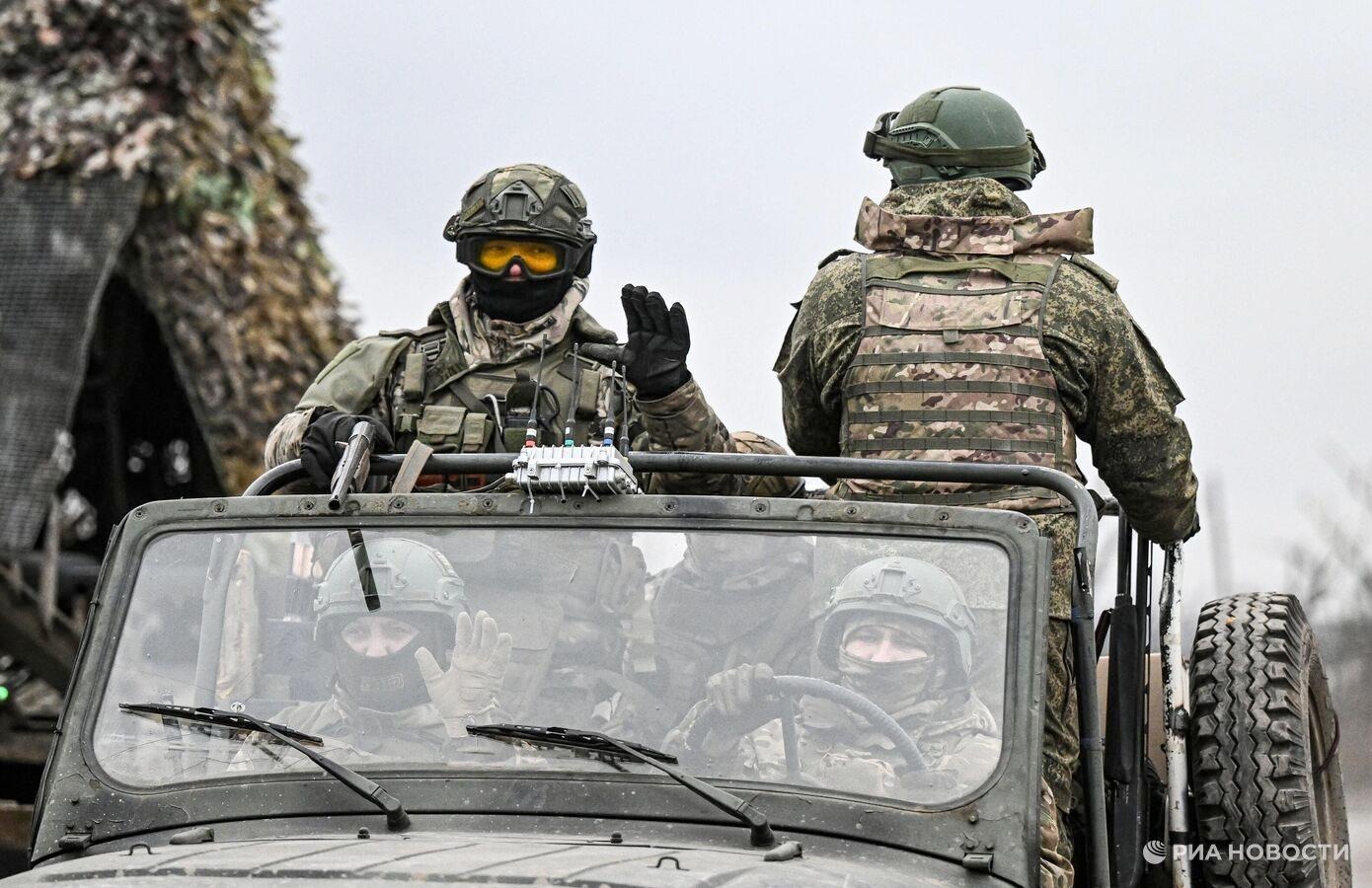
Russian Foreign Ministry Journal Views Baltic as Irreversible Center of Military Conflict
Russian Foreign Ministry Journal Views Baltic as Irreversible Center of Military Conflict
Executive Summary:
- The Russian Foreign Ministry’s premier journal, International Life, says the Baltic Sea region has become “a potential theater of military conflict,” one where there is no chance that regimes more amenable to Moscow will arise in the absence of a radical shift in the balance of power.
- According to the article, the Western alignment of the Baltic region is a serious and growing threat to Russian interests, a challenge Moscow must respond to lest the West use its position there to threaten Russia and its interests.
- The article’s zero-sum approach, in which all Western gains are Russian losses and vice versa, suggests that the Russian Foreign Ministry is coming into line with the Russian Defense Ministry, rather than acting as a constraint on its excesses.
Until Russian President Vladimir Putin decides on an action, it is often difficult to predict how Moscow will approach key foreign policy questions. This opacity partially reflects real policy debates in the Kremlin. It is also a form of maskirovka (disguise, маскировка), an effort to keep Russia’s opponents off balance and thus less able to respond effectively. The difficulty in predicting Putin’s next moves can be beneficial to the Kremlin, but it often makes it challenging for key Russian elites to prepare to assist Putin. Fortunately, for Russian elites, some media outlets in the foreign policy realm are more authoritative than others and reflect a degree of insider Kremlin knowledge. These key outlets merit the closest possible attention by those in the West who want to know where Putin is heading and thus how best to respond.
International Life (Mezhdunarodnaya Zhizn, Международная жизнь), the Russian Foreign Ministry’s leading journal, typically reflects the emerging Kremlin worldview and the types of actions they believe would advance Moscow’s interests (Novaya Gazeta, August 21). Nikolay Mezhevich, a senior scholar at the Institute of Europe of the Russian Academy of Sciences, recently released a telling article in the journal. Mezhevich argues that the region around the Baltic Sea has become “a potential theater of military operations” because the West is now using the Baltic countries to threaten Russia (International Life, August 18). He asserts that Moscow has no choice but to take more serious steps lest the situation in that region deteriorate further, a view that puts the Russian Foreign Ministry in line with Russian defense commentators rather than acting as a constraint on them as it has sometimes done in the past (see EDM, May 23, 2024; Novaya Gazeta, August 21).
In his 3,600-word, heavily footnoted article, Mezhevich traces the evolution of Russia’s relations with the Baltic littoral states, giving particular attention to the last several years when Finland and Sweden abandoned neutrality and joined the North Atlantic Treaty Organization (NATO) (International Life, August 18). Sweden and Finland’s increasing alignment with NATO has led to a deterioration in ties with Moscow. Similar to other pro-Kremlin Russian commentators, Mezhevich lays all the onus on the Baltic countries when he writes that “in contrast to the political situation of 1939, Estonia, Latvia, and Lithuania, and with certain qualifications, Finland as well, are openly and even demonstratively declaring that they are in a state of war with Russia” (International Life, August 18). He continues:
The possibility of demilitarization of the consciousness and economic/political practices for the Baltics is excluded, given that they have adopted a course which presupposes either ‘victory’ (however, without specifying what that would involve) or capitulation. And the variant that ‘the Russians will conquer us but then we will win’ is being discussed not in the press but in the organs of power as ‘the best option (International Life, August 18).
Mezhevich concludes that these attitudes, along with the support they receive from NATO, and especially its European leaders, mean that Russia must take serious steps to defend its interests in the Baltic.
Mezhevich continues, arguing that the Kremlin must reassert its power in the Baltic to ensure access to a key route for Russian trade and to stop the other Baltic countries from influencing internal Russian politics. According to Mezhevnich, the other littoral states are increasingly following Ukraine in attempting to destabilize Moscow by supporting non-Russian groups within Russia. He goes on to assert that no country could be expected to tolerate such activities or to avoid making use of its own power and resources to block them. Consequently, and in words that echo Putin’s own suggestion that Ukraine is to blame for Moscow’s so-called “special military operation (SVO)” there, Mezhevich suggests that Baltic countries will have only themselves to blame if Moscow is compelled to use its advantages to compel them to change their ways (International Life, August 18).
Mezhevich’s argument closely resembles those presented by many of the more radical commentators with links to the Russian Defense Ministry (see EDM, June 11, 2024, May 28, June 3). Publishing Mezhevich’s article in its most prestigious journal suggests that the Russian Foreign Ministry is becoming more closely aligned with the Defense Ministry on Baltic Sea policy. This convergence suggests there is an emerging elite consensus about how to deal with the Baltic situation. There is yet another reason for thinking that Mezhevich’s article deserves close attention. In the 1990s, Mezhevich worked in St. Petersburg as an official who dealt with foreign students at the same time that Putin held the same job. Many in the Foreign Ministry are consequently likely to assume that Mezhevich developed and maintained close ties with Putin. Correct or not, this assumption will give the Institute of Europe writer’s words in International Life special weight for Moscow, rendering Mezhevich’s perspective on the Baltic Sea policy particularly influential.


